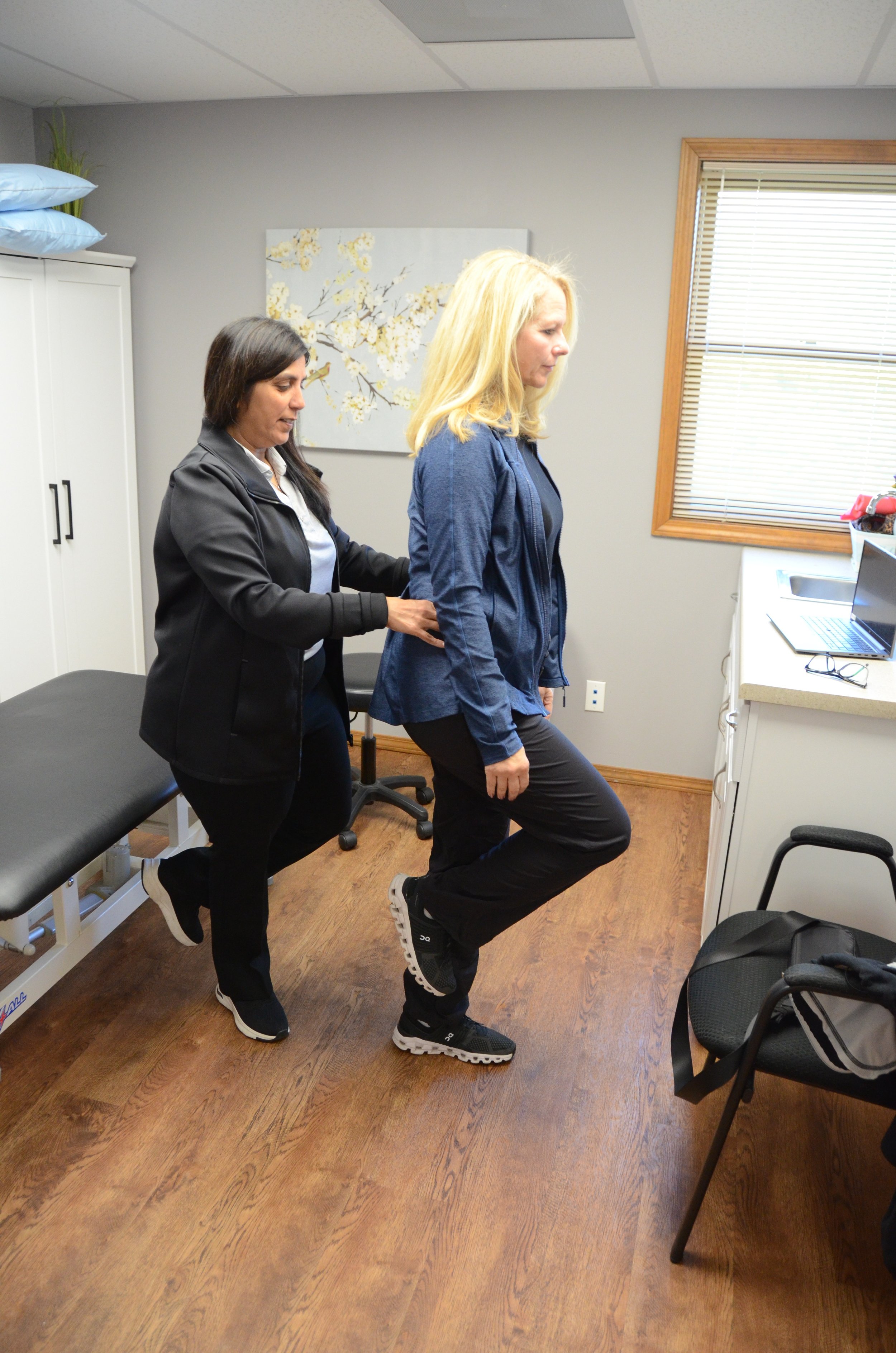
Pelvic Pain and Dysfunction
1 in 5 women will experience pelvic pain or dysfunction in their lifetime.
Whether it’s general pain in your hip or groin area, incontinence, prolapse, painful sex, or vaginismus, pelvic problems can sap your energy, lead to feelings of shame or embarrassment, and get in the way of your intimate relationships.
We can help!
At CIIB, we have a variety of treatment options to reduce pain, strengthen pelvic floor muscles, promote relaxation, and improve muscle control.
Common Pelvic Floor Symptoms
Do you experience any of the following symptoms?
+ Pain in tailbone, pelvis, and low back
+ Burning, tightness, pain in back, hips, or vagina
+ Tingling, numbness and pain in legs with back pain
+ Trouble rolling in bed and sleeping
+ Trouble working out or exercising as usual
+ Difficulty bending or lifting
+ Feeling pressure or heaviness in the vagina
+ Pain and cramping in the belly or back during periods
+ Pain during or after sex
+ Difficulty using tampons or menstrual cups
+ Pain during gynecological exams
+ Bladder pain and abdominal cramping after sex
+ Back pain during pregnancy
+ Vaginal and abdominal muscle tears after delivery
+ Trouble controlling your bladder during exercise
+ Trouble controlling your bladder when coughing, sneezing, bending or lifting
+ Trouble completely emptying your bladder
+ Out of shape or weak after delivery or surgery
Physical therapy can help you heal and strengthen your body, so you can enjoy life pain and worry free!
Diagnoses we treat
-
A condition in which the large abdominal muscles separate.
-
Persistent or recurrent genital pain that occurs just before, during, or after intercourse.
-
A disorder in which tissue that normally lines the uterus grows outside the uterus.
-
Loss of bladder of bowel control, varying from a slight loss of urine or fecal matter after sneezing, coughing, or laughing to complete inability to control urination or defecation.
-
A problem with bladder function that causes the sudden need to urinate.
-
When the muscles and ligaments supporting a woman's pelvic organs weaken, the pelvic organs can drop lower in the pelvis, creating a bulge in the vagina (prolapse).
-
Involuntary tensing of the vagina.
-
Don’t see your diagnosis? We have a variety of treatment options for many other types of diagnoses!
Don’t have a diagnosis? We can work with you to explore treatment solutions we could provide.
Contact us to learn more!
Meet Our Therapists
What our patients say…
Life Rebalanced Life Rebalanced Life Rebalanced
Life Rebalanced Life Rebalanced Life Rebalanced
Discomfort, pain, and debilitation don’t have to be the norm.








